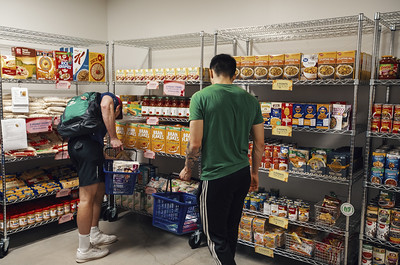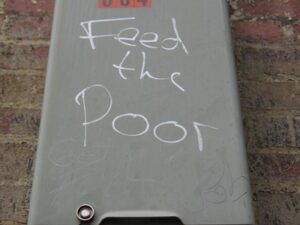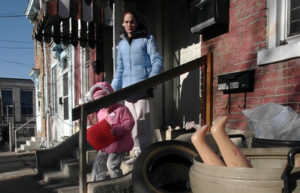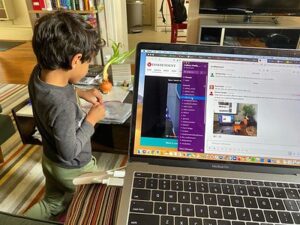A recent re-examination of data collected from students at the City University of New York (CUNY) shows that providing food assistance could help the system retain students. According to the survey, which CUNY initially conducted in 2020, showed that 50% of CUNY students were genuinely concerned about their ability to meet their basic needs
CUNY consists of 25 campuses, seven of which are community colleges. Students who reported having trouble securing enough food also showed higher rates of education disruption. Additionally, food-insecure students dropped classes more often; reported more difficulty doing their homework; and had higher rates of delayed graduation. The CUNY study also determined that students who were food insecure were more likely to experience anxiety and depression. Food and mental health care are both basic needs.
Last week, the National Center for Research on Education Access reported that a study of Michigan K-12 school attendance data showed that students who are eligible to take the bus attend school more regularly than students who don’t. Reliable transportation to school is among students’ basic needs.
In 2020, researchers at Michigan State University reported that students who had poor Internet access or who depended on cell phones for Internet access found themselves one-half of a grade point behind students who had faster, more reliable Internet access. Poor Internet access also limited students’ development of digital skills and led to lower standardized test scores. While some of these findings applied directly to K-12 students, these deficiencies follow students to college, if they enroll. In the age of the pandemic, Internet access and technology support are both basic needs.
Put students’ basic needs first
These are all basic needs (food, mental health, transportation, Internet service) that help students succeed. Currently, about one in four community college students have a household income of less than $20,000 per year. Forty percent of community college students work full-time. An equal number of community college students work part-time. The fact that these students work while enrolled indicates their need for income.
If the Washtenaw Community College Board of Trustees needs “advice” on how to direct the administration to spend the $60M+ the community provides for WCC each year, or the millions in federal COVID-19 relief funds, here it is.
Students need help with some very basic stuff: putting food on the table is about as basic as it gets. Pulling $4M from the federal COVID-19 relief funds to cover the Health and Fitness Center’s financial losses is unconscionable when WCC students struggle to buy groceries. Raising tuition (or fees) when students can’t afford transportation to campus, or capable Internet service is outrageous. Building a non-academic building, a hotel, a convention center and retail spaces on campus “because enrollment is declining” is unacceptable.
Use the money that the community provides to identify and address enrollment declines, especially among low-income students. Eliminate the barriers that prevent low-income students from succeeding while in school. Provide food assistance. Offer transportation help. Address mental health issues on campus. Address students’ technology deficits. Affordable childcare.
Do all these things first and you will likely reverse your enrollment declines. If you keep rewarding the administration for not addressing these issues, you’ll be dealing with enrollment losses for years.
Photo Credit: Sac State , via Flickr

































